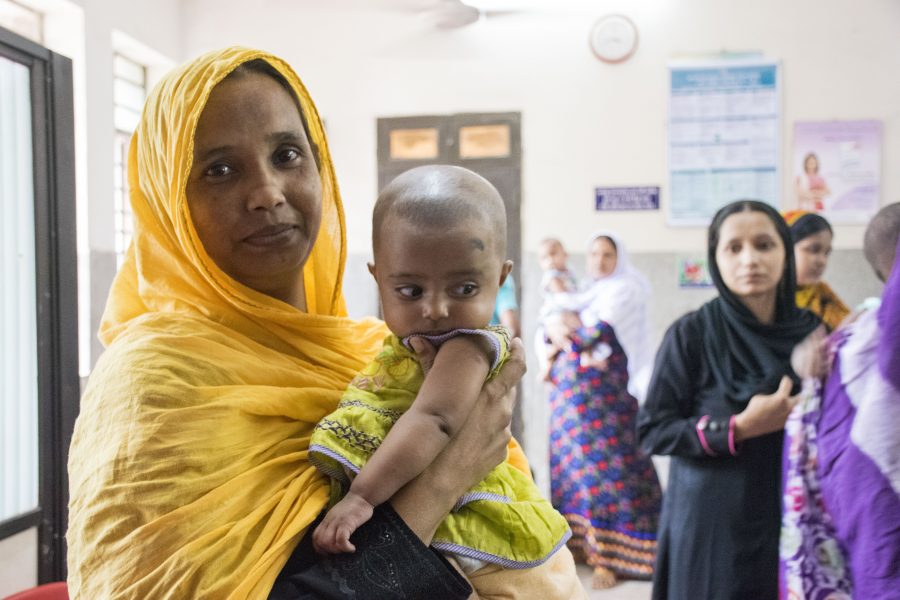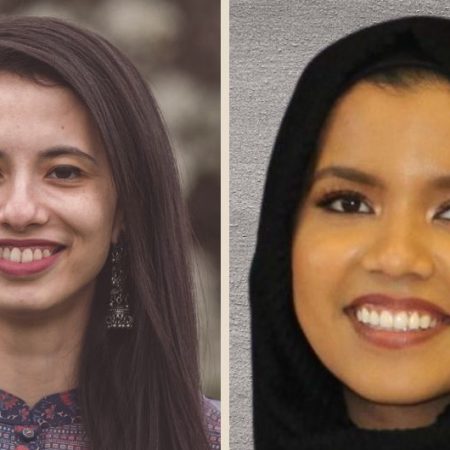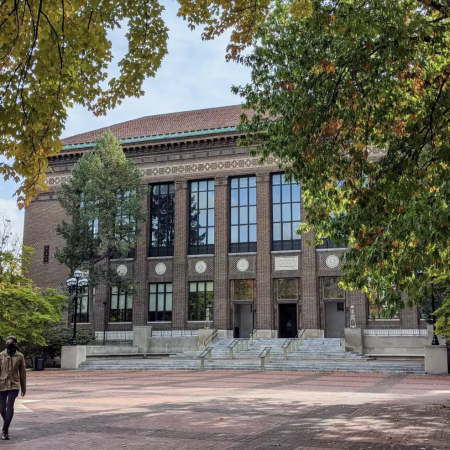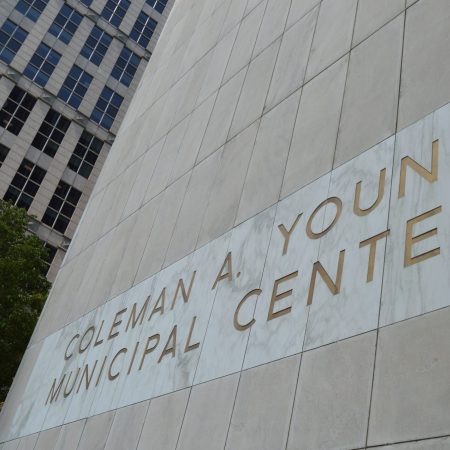Shustho: Bangladeshi mental health counselors work toward breaking stigma, building culturally informed care
Editor’s Note: This story is part four of a new four-part series from WDET’s Nargis Rahman called, “Shustho: Mind, Body, and Spirit,” exploring health care and health care access for Bangladeshi women.
Ayesha Tanjum moved to the U.S. about two years ago with her husband, an international student. Shortly after, she learned she was pregnant.
“It was really tough for me in Michigan, because I didn’t have any friends or relatives around, and I was struggling to make friends,” she said.
Tanjum said she was having mood swings due to hormonal changes and a complicated pregnancy.
“I had loneliness, frustrations, fear, anxiety, and I was alone. So I had a hyper, hypertension that time. And in the last time, my doctor figured it out that my baby’s baby’s growth is restricted,” she explained.
Tanjum says she ultimately got the care and support she needed. She also read books to learn more about maternal health and nutrition, and began reaching out to old friends and connecting with new ones. That helped to improve her mental health.
Speaking about mental health remains a taboo subject for many Bangladeshi women.
Shuhrat Choudhury is a Bangladeshi American mental health counselor. She says stigma is the biggest reason many women don’t seek care — especially in older generations.
“I would be contacted by their sons, their daughters, their daughter-in-laws, that we need help for our mom or, like the older generation, but they are not OK. Like, they just, it’s that stigma around mental health, they go, ‘I’m not crazy,’” she said.
Choudhury says younger Bangladeshi Americans struggle with navigating between American individuality and the Bangladeshi culture’s collective family expectations, in which personal boundaries do not exist in the same way in Bangladeshi culture.
“When I transition to working someone with from our community, I have to find that balance. I just can’t advise them to move out, because you know that’s just not how it works in our culture,” she said. “I might use that terminology, but as long I’m explaining in our culture, it might not be feasible exactly the definition, but maybe a different version of it.”
Choudhury said affordability is another barrier which can keep people from getting mental health care services.
“Not a lot of our community members have access to better insurance plans, or they’re not financially stable. That when mixed with that stigma that we’re already trying to overcome, one obstacle on top of it, if it’s not financially feasible, then that just creates more delay in getting that help,” she added.
There’s also a shortage of Bangla or Bengali speaking mental health professionals.
“The need is much more than I could have ever anticipated, so I hope that more people join this field, from our community, and there is a need, and we desperately need to fill that.”
– Shuhrat Choudhury, Bangladeshi American mental health counselor
“I have been reached out by people from out of state, like someone in Michigan worked with me and their mom, brother, sister, someone’s like in Texas, but they just can’t find someone Bengali there,” she said.
Choudhury says she didn’t know there was such a need until she entered the field. She says she made that choice, in part, to give back to the community.
“The need is much more than I could have ever anticipated,” she said. “So I hope that more people join this field, from our community, and there is a need, and we desperately need to fill that.”

Like Choudhury, Fariha Ghazi entered the mental health field to provide culturally competent care. Ghazi is a psychiatric physician assistant in Grand Rapids, who lives in the metro Detroit area and has telehealth options.
She said she frequently sees Bangladeshi women struggling with anxiety, which manifests as physical symptoms first.
“When they go see their general primary care provider, they’re often treated for things like stomach pain or acid reflux or, given sleep medication to help with sleep, a kind of root cause of a lot of those physical symptoms, it tends to be what I see being anxiety and trying to get them treatment for it,” she said.
Ghazi says many women hesitate to discuss their mental health. She takes a creative approach to uncovering their struggles.
“If someone has children, you know, I’d maybe ask her what are things that she thinks about in terms of her children, so if she’s always kind of like jumping to worst case scenarios, like thinking something bad’s going to happen to her child, or she kind of expresses that in our session, I’ll kind of note that as being, part of her symptoms.”
Many women are also hesitant to take medication due to cultural taboos surrounding mental health treatment.
Ghazi said there is cultural taboo around taking medications to treat mental health, and part of her role is to explain treatment options and encourage self-advocacy, which she said plays a role in coverage.
“If someone’s not fully aware of the terminology or what’s out there as resources, they’re not likely to get the health care that they need. They’re also much more willing to just kind of not question medical providers either. They’ll, be more complacent in their care,” she said.
Choudhury and Ghazi say mental health is a vital part of caring for Bangladeshi women. They see a growing need for more Bangladeshi mental health professionals to serve their community.
For now, they are using their language skills, cultural awareness, and lived experiences to provide better care.
Read more from this series:
- Free health clinic aims to close insurance gap for Bangladeshi women in southeast Michigan
- Bangladeshi women rely on culturally competent care for better health outcomes
- How language access affects health care for Bangladeshi women in Michigan
Trusted, accurate, up-to-date.
WDET strives to make our journalism accessible to everyone. As a public media institution, we maintain our journalistic integrity through independent support from readers like you. If you value WDET as your source of news, music and conversation, please make a gift today. Donate today »The post Shustho: Bangladeshi mental health counselors work toward breaking stigma, building culturally informed care appeared first on WDET 101.9 FM.





